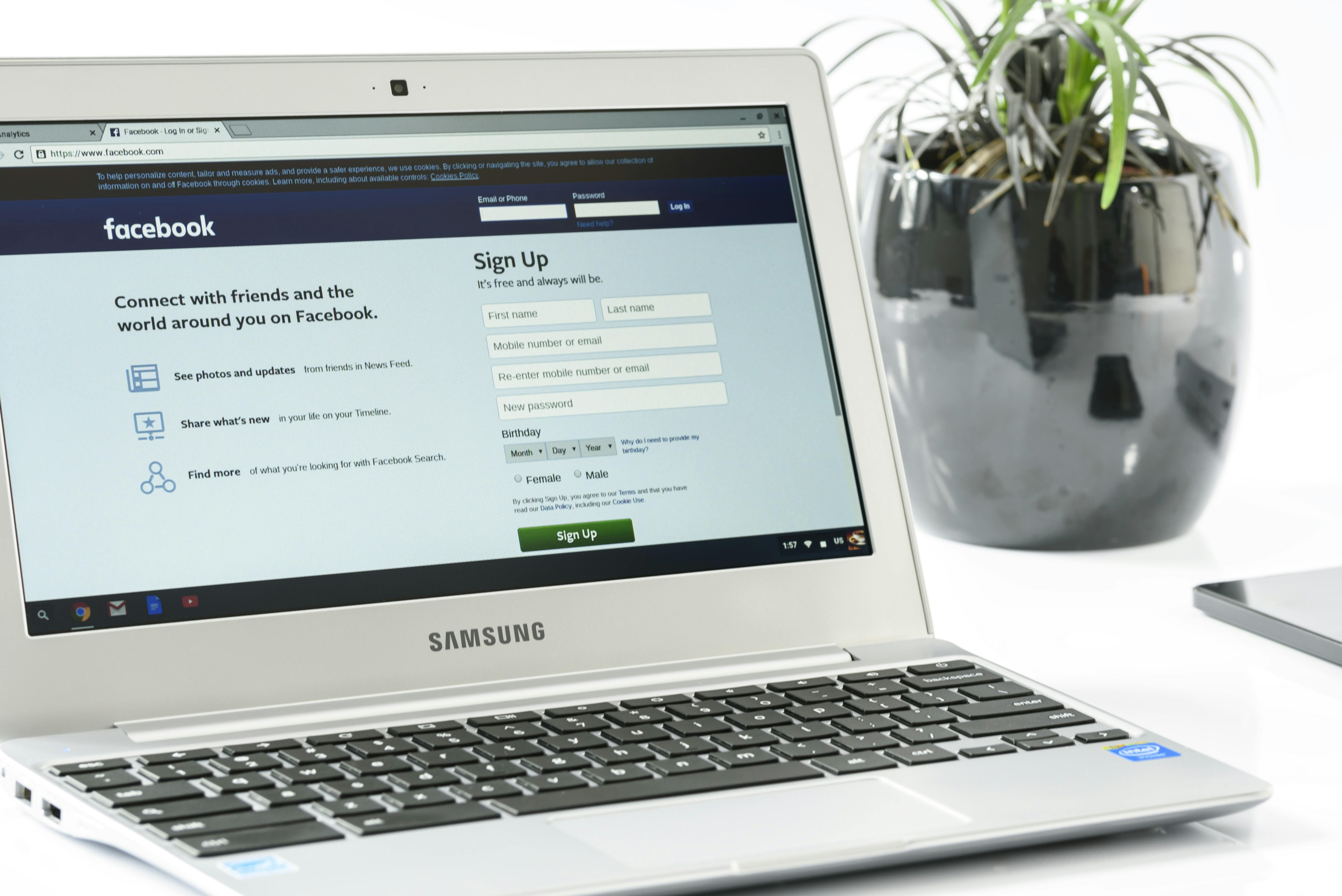Monitor Your Credit Report Without Leaving Your Couch
By
Easy Tips
—
Monday, 23 July 2018
—
Credit Tips

Take the necessary steps to report any errors you find immediately: Mistakes and omissions still affect your credit score! Another reason to check your credit report is to safeguard against identity theft. The Federal Trade Commission (FTC) estimates that 9 million Americans have their identity stolen each year. Your credit report will show if someone has opened a credit card account in your name. Not only will the new account be listed, but also the amount owed or delinquent on the account.
If you suspect you've been the victim of identity theft, you'll need to place a fraud alert on your credit report, close those accounts, as well as file a police report and a complaint with the FTC. The Fair Credit Reporting Act guarantees you a free credit report once a year, by law, from each of the three national reporting agencies, or credit bureaus: Equifax, Experian, and TransUnion. Your credit score and report may vary by agency, depending on the information it has received from lenders. It's important to note that only your credit report is free.
You can purchase your credit score directly from the credit bureaus or from FICO (formerly known as Fair Isaac Corporation), the company that created the first credit score system. 40 for scores and reports from all three. Some credit card issuers offer customers free FICO score reports. Keep in mind that there is a difference between a credit report, which is often free, and your credit score, which you may have to pay for.
You can also use a monitoring service to monitor your credit reports daily. Many people find this type of service useful and worth the price because they're immediately tipped off about any fraudulent activity. Whether you're checking your credit report or score quarterly or annually, or having it monitored for you more frequently, only use an agency authorized to provide credit reports. Credit inquiries by unauthorized agencies may lower your credit score in the short term.
Let's take a look at some of them. If they don't offer it themselves, they may have a preferred partner or company that they work with, who's willing to offer perpetual credit monitoring services beyond what you'll get from a bare-bones retailer's offer. Most banks offer account alerts and notifications if certain transactions take place or conditions are met.
For example, Wells Fargo can notify you if there's a transaction on any of your accounts for over a given dollar amount, if there are any internet or telephone transactions, and if your account hits a specific dollar amount. Capital One can notify you if you've made any international purchases, or if you make any purchases above a given dollar amount. We've mentioned before that grey charges can pop up anytime, and even look legitimate if you're not watching carefully. Finally, it's important to manage your credit reputation.
The perfect credit score is many times misunderstood. The reason for that is that, though we know there are three credit bureaus. We usually only hear about people being concerned about their FICO score. FICO is a scoring model that is only used by one of the three bureaus. Trans Union uses the FICO scoring model while Experian uses Beacon and Equifax uses the Empirica scoring system and they all range differently in lowest and highest possible scores. So you see, that makes it particularly difficult to determine what the perfect credit score is.
Add into this the fact that not all creditors report to all three bureaus and it gets even more complicated. That's part of the reason you can have a 650 on one scoring system and have a 7 11 on the next. It depends what each individual credit bureau is reporting and which of your creditors are reporting to whom.
When it comes to running the credit for consideration for an account, you might find that your perfect credit score with one application might be different when you apply for something else. For example a home loan and when you apply for a used car loan. They might be running different bureaus exclusively.
Mortgage lenders usually consider all three and take the middle of the three but even some home loan lenders would look only at one specific bureau, ignoring the other two. If they happen to choose the bureau that is reporting more negative information on your profile there goes your answer.
I'll tell you that for me the perfect credit score is the credit score that allows me to have the greatest number of options or benefits for borrowing money. Simply said, if a home loan lender wants a 720 to lend me money for a home with low to zero points and the best going rate then that's what I would strive for.
But remember that they always have the choice to change that. Bottom line higher is always better and making sure that everything is accurate on your credit report is very important. Eighty percent of consumers have errors on their credit. Which makes you think do you monitor your credit and when was the last time you looked at what's on it,
In the times of growing information technology, it is always a good idea to monitor your credit score. I will give you a reason why to do so with some of my own personal experiences that have occurred with my parents. I am currently 18 years old, but when I was younger my parents used to be avid credit card users.